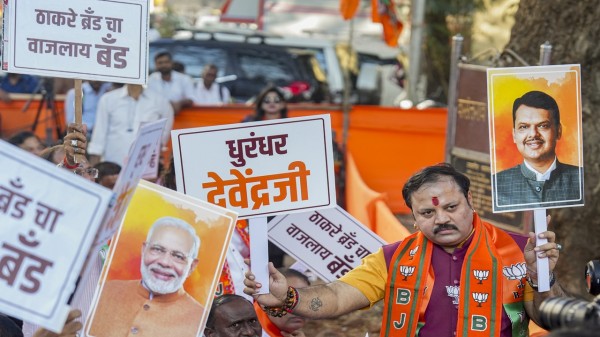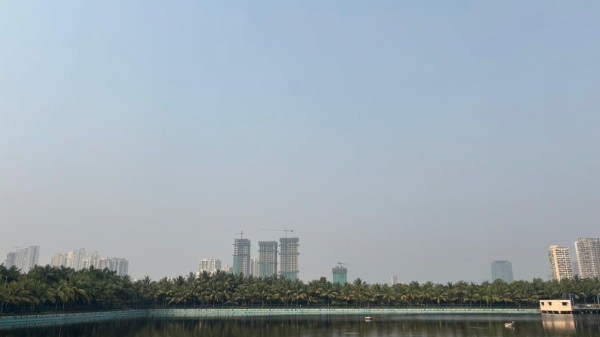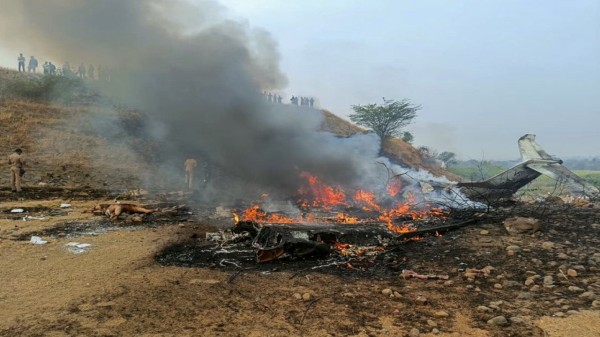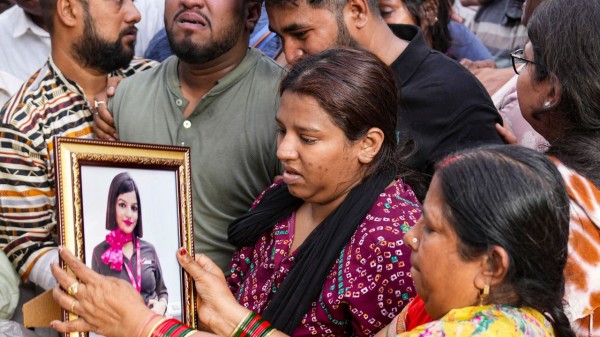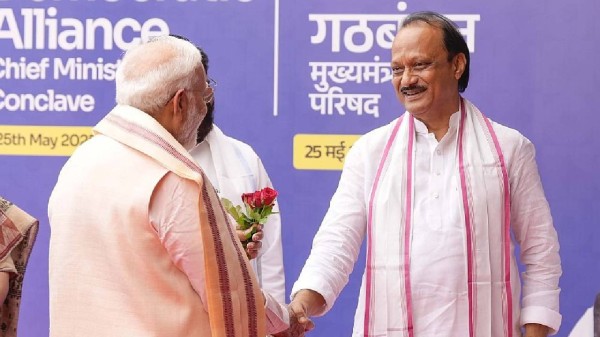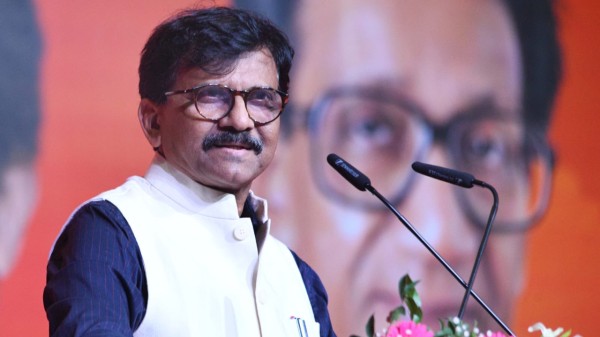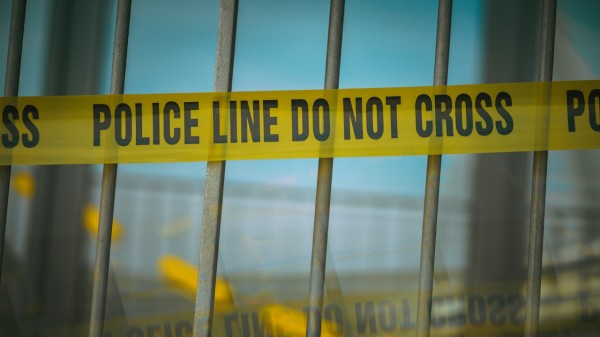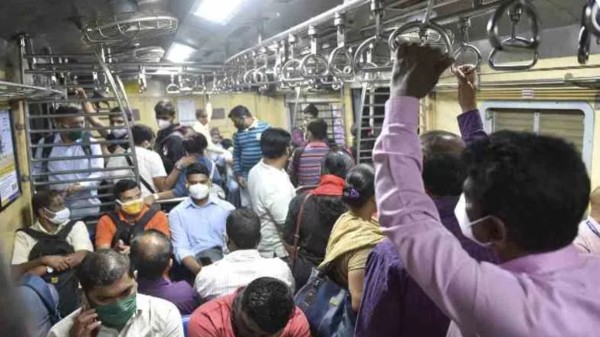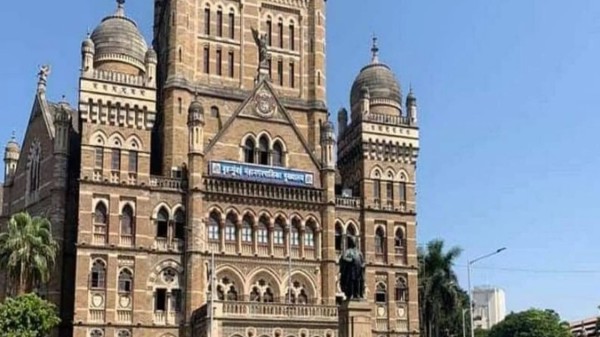

By signing in or creating an account, you agree with Associated Broadcasting Company's Terms & Conditions and Privacy Policy.


By signing in or creating an account, you agree with Associated Broadcasting Company's Terms & Conditions and Privacy Policy.
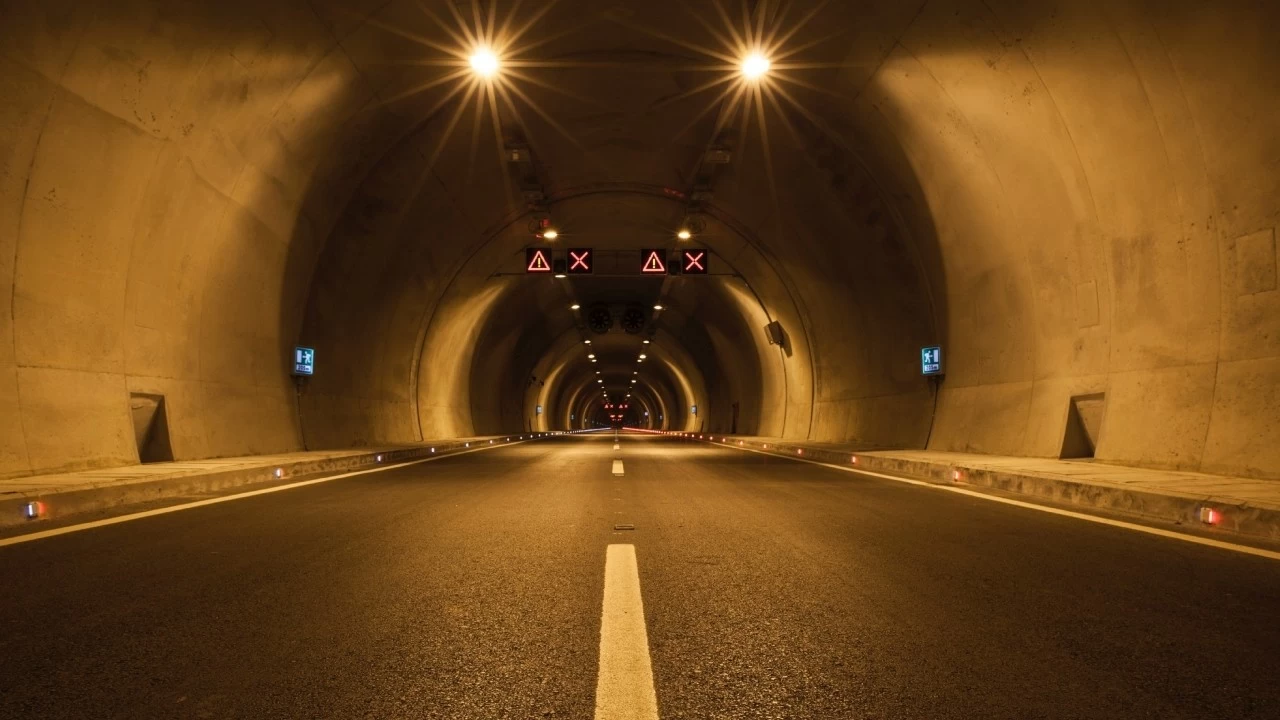
Mumbai: Maharashtra CM Devendra Fadnavis said on Sunday that the state is developing a large network of underground roads to tackle Mumbai’s long-standing traffic problems. Calling the project the city’s own version of “paatal lok,” he said the plan aims to give commuters long-term relief from daily congestion.
Fadnavis made the remarks at the BJP’s Youth Connect programme held at the NSCI Dome in Worli. He explained that the upcoming underground routes, along with new bridges, additional parallel roads and the expansion of the Metro network, will change the way people travel across the city.
“Traffic jams are one of the biggest issues for Mumbai. To free citizens from this daily struggle, we are building several new routes, including tunnels and an expanded Metro system. When this ‘paatal lok’ network is completed, the city will see lasting relief from traffic,” he said.
The chief minister pointed out that nearly 60 per cent of Mumbai’s traffic burden falls on the Western Express Highway. Reducing pressure on this major corridor is a key priority, and the government is working on creating alternate roads to share the load.
Currently, the average traffic speed in Mumbai is about 20 kmph, which drops to nearly 15 kmph during rush hours. Fadnavis said the upcoming network will allow vehicles to move at speeds of up to 80 kmph, which he believes will drastically reduce congestion across the city.
He also outlined a series of major infrastructure works that are under construction or in the pipeline. These include the Thane-Borivali underground tunnel, the Mulund-Goregaon underground link, a parallel road to the Western Express Highway from Borivali to Goregaon, and the Worli-Sewri connector that links directly to the Atal Setu and the Navi Mumbai International Airport.
Other projects mentioned were the new tunnel from the end of the Eastern Freeway towards Chowpatty and the Bandra-Kurla Complex tunnel that will connect to the airport. Once ready, this link is expected to cut the travel time between South Mumbai and the airport to around 20 minutes.
Fadnavis added that the work on Eastern Freeway tunnel has already started, and the project is likely to be completed in the next three years.
He also announced a long-term plan to add new infrastructure each year, including the goal of opening 50 km of Metro lines annually. He said Mumbai will see major changes over the next five years, with most large transport projects targeted for completion by 2032.
“Our objective is to make Mumbai free from traffic congestion,” Fadnavis said, adding that the combined improvements in roads, tunnels, Metro services and rail connectivity will reshape the city’s transport system.
